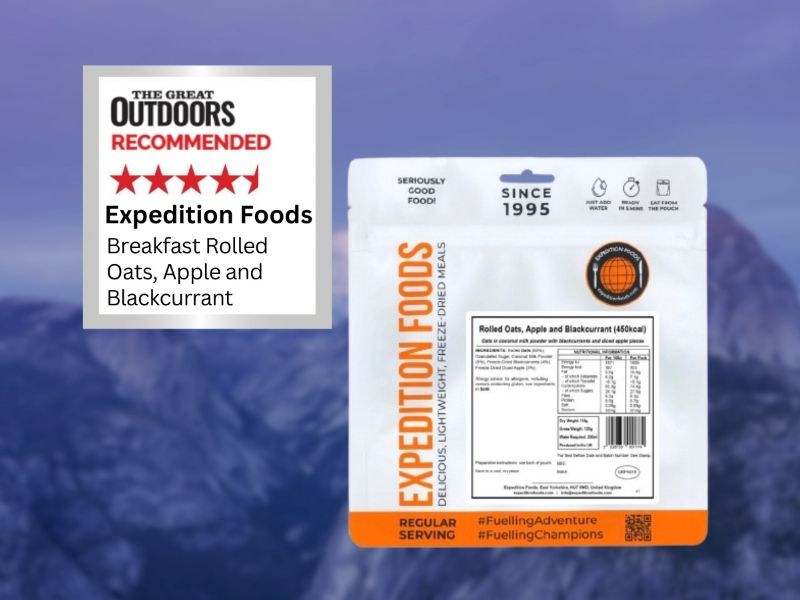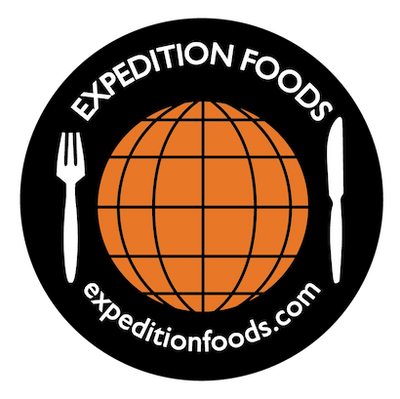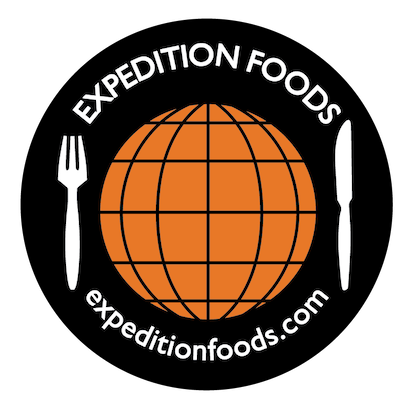-
Shop All
-
Ration Packs
-
Special Diets
-
Snacks, Drinks & Accessories
- About Us
Roaring40s - Rowing the Atlantic Ocean
April 03, 2023

Ocean rowing is an adventure that only a few dare to take. It involves rowing across vast oceans while facing unpredictable weather and sea conditions. The Atlantic Ocean is one of the most challenging to cross, and the Talisker Whisky Atlantic Challenge is an incredible test of endurance and skill. In this interview, we will delve into team Roaring40s' awe-inspiring experience of rowing the Atlantic Ocean.
Expedition Foods: What made you decide to row an ocean? How did the two of you meet and team up for the TWAC?
Ian Yates (Roaring 40s): This was all Dan’s fault. He came up with the idea as a way of marking his 40th birthday, and he needed someone whose arm could be easily twisted to team up with him. So he rang me. We know each other as friends, both having lived in the same village in Mallorca. Dan’s a sailor by profession, and I love outdoor challenges and adventure, so we figured this was something we would be suited to. And the idea seemed so absurd that we just had to go for it!
EF: Could you give us a basic outline of your training program?
IY: As soon as we’d decided that this was something we were doing, we hit the gym. It’s a common response among newly signed-up ocean rowers, because fitness seems like the one thing you have control of. I’m a cyclist, and a climber, but I’ve never been a rower. Dan’s always enjoyed CrossFit, and so he dragged me into the gym (shout out to the team at CrossFit Mallorca) to get me throwing weights around and pushing myself on the Concept2 (rowing machine). The physical part of rowing involves a lot of legs, so cycling did me proud there, but I definitely needed to work on my back, shoulders, and flexibility. In the year or so running up to the event itself, CrossFit became a staple part of keeping fit, punctuated by whatever else we enjoyed (swimming for Dan, hiking for me).
We both gained weight in the process, and this extra mass was to prove useful on the row.

EF: Did you have to learn a lot of specialist skills?
IY: Anyone who participates in the Talisker Whisky Atlantic Challenge has to get certain qualifications as a mandatory part of race entry. Navigation and Seamanship, Shortwave Radio, First Aid and Trauma, and Sea Survival being the standard seafarer’s certifications we needed.
Besides that, there’s the practical aspect of ocean rowing and living onboard an ocean rowing boat itself. Again, race requirements dictate that participants must complete 120 hours of rowing before reaching the start line, 24 hours of which must be done during the night. There’s no better way of learning than doing! In fact, I was learning right up until the point we pulled into Antigua; learning how to row in rough seas with 4m swell, learning how to read the clouds, and learning how to steer the course I actually want, irrespective of where Mother Nature decides to send the boat (actually I never quite cracked that last one).

EF: When and how did you start to plan your nutrition for the TWAC?
IY: Early on in the process we began looking at freeze-dried adventure meals, as they account for the majority of the calories an ocean rower needs. We took advice from our Nutritionist Angela Walker, who, besides calculating proportions of proteins, fats, and minerals for us, suggested we focused on flavour and variety.
It’s a point I can’t stress strongly enough: when you have day after day of the same foods, you will get tired of certain things, and you’ll be crying out for treats of any kind! Your body will crave particular things (we found protein was something we couldn’t get enough of) so it’s best if you can identify those things in advance and take them with you.
In addition to all this, we found our tastes changed once we were at sea. By testing on dry land, when you’re eating one freeze-dried meal and calling it a day, and when you know you can have something fresh just by reaching for the fruit bowl, the experience of eating adventure rations is very different.
So yes, planning nutrition early in a campaign like this is highly recommended.
EF: Can you give us a breakdown of your food for one day on the ocean?
IY: With Dan and I both weighing in at around 100kg, we were each required to take 6,000kcal of food per day, for a minimum of 65 days. 52 of those days were to comprise largely freeze-dried rations (which require water to be added) and the remaining 13 days were to be based on “wet rations” (which require no water). Wet rations are heavier, but can be eaten straight out of the pouch, so are reserved for emergency situations.
A typical day would be as follows:
- Expedition Foods Porridge with Blueberries 1,000kcal
- Expedition Foods Beef Cottage Pie 1,000kcal
- Freeze dried meal (smaller) 700kcal
- Freeze dried meal (smaller) 700kcal
- 2 Energy bars (from MegaRawBar) 300kcal
- 3 Protein shakes 600kcal
- Trail mix 700kcal
- Chocolate bar 200kcal
- Beef biltong (from El Toro Foods) 100kcal
- Energy Gel (from MegaRawBar) 300kcal
- Peanut butter 400kcal
At this point I should say that the breakfasts from Expedition Foods (be they porridge, granola, or the oats) were phenomenal. If Dan and I were to row an ocean again, we would gladly sacrifice most of our “normal” meals for breakfasts; they were hands-down the easiest and most delicious way of getting calories in! Just thinking about them now is making me hungry...
Besides the breakfasts, we both found biltong to be something we really enjoyed, especially during the later stages of the race when our bodies urgently needed muscle repair.

EF: Now that you've completed your epic journey, have you started to plan another adventure?
IY: I’m very much enjoying having nothing more adventurous on the horizon than drinking tea in front of the fire! But I’m also enjoying the knowledge that another adventure will come along, as soon as I start getting itchy feet again.
EF: What would you say to others who aspire to rowing an ocean?
IY: Preparing and training for the TWAC was the hardest thing Dan and I have ever undertaken. Anyone who embarks on the Atlantic Challenge will inevitably underestimate all that it involves. But it will give them incredible memories which will last a lifetime, and an unparalleled sense of achievement. Go for it!

Also in Stories

Fuelling a Marathon des Sables Win: Anna Comet Pascua x Expedition Foods
January 27, 2026
Discover how a Marathon des Sables champion fuelled her victory with Expedition Foods. In this in‑depth interview, she shares her nutrition strategy, favourite freeze‑dried meals, calorie planning, and insights into multi‑day racing and motherhood.

Eat, Paddle, Sleep, Repeat: Life on the Yukon 1000
November 06, 2025
Firsthand account of completing the Yukon 1000 in 7 days; what we ate, packed, and learned about food, sleep, and self‑reliance on the river.

Expedition Foods Breakfast Earns Praise from The Great Outdoors Magazine!
September 29, 2025
We’re proud to have received a glowing review for our plant-based breakfast, Rolled Oats with Apple and Blackcurrant, that’s not only nutritious and delicious but also mindful of dietary needs and environmental impact.

